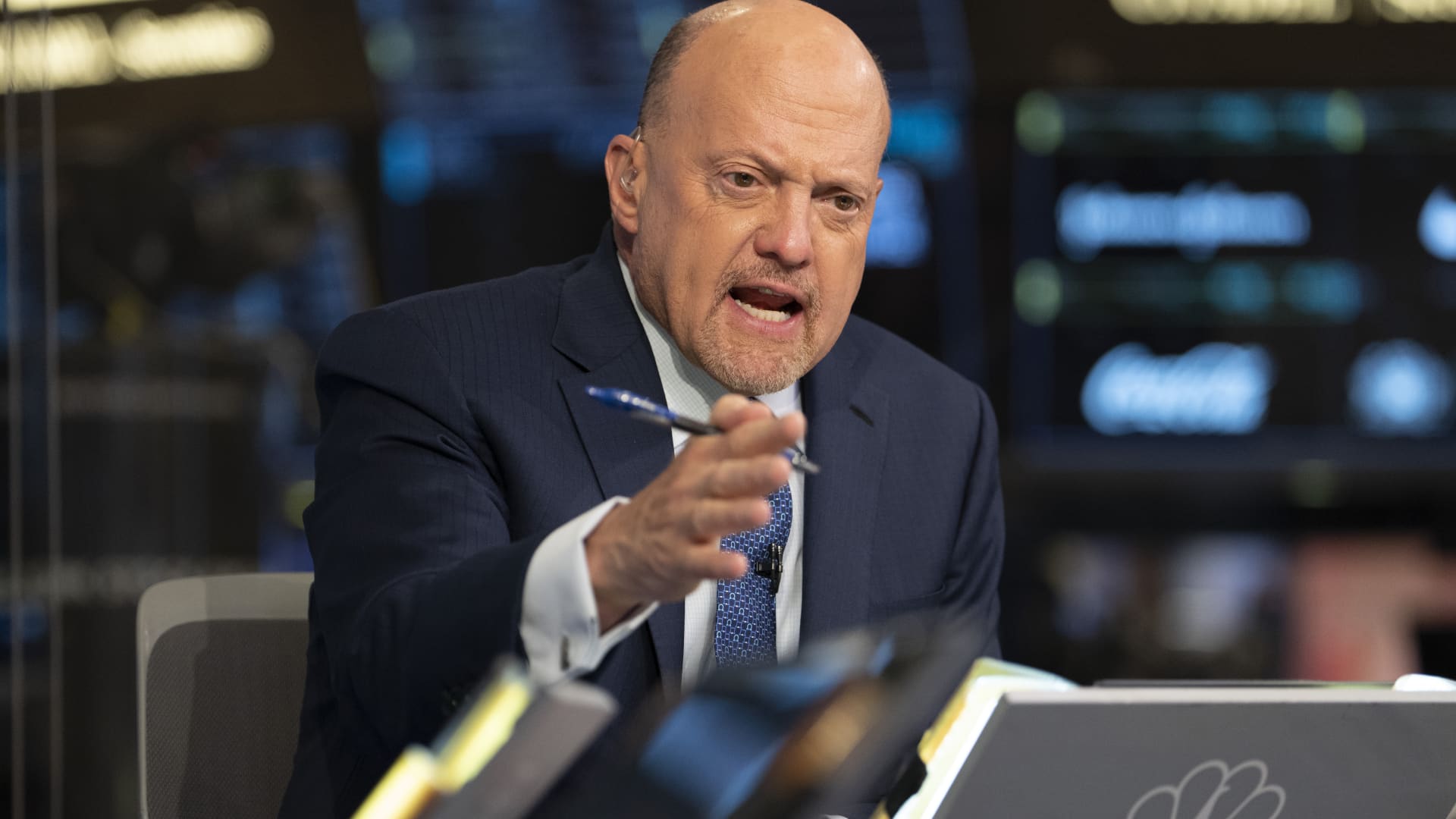British holidaymakers abroad splurge more than double what foreign tourists spend in the UK
Exclusive: British holidaymakers spent £830 per person on the average trip abroad last year

British holidaymakers spent £830 per person on the average trip abroad last year, with total spending up 10 per cent on 2023. As a result, the chancellor is facing a wider “balance of tourism” deficit than ever.
UK residents made a record 94.6 million trips abroad in 2024, according to data from the Office for National Statistics (ONS). The figure is 10 per cent higher than the previous year – and 1.6 per cent up on the pre-Covid peak, reached in 2019.
Collectively they spent £78.6bn, which works out at £215m per day – around a quarter more than in 2019.
Each of the top three destinations for British visitors – Spain, France and Italy – saw a small drop in numbers in 2024 compared with the previous year as UK travellers’ horizons expanded. But they remain well ahead of the competition:
Ashley Quint, director of Hertfordshire agency Travel Time World, attributed the slight shift away from the top three to “a general thirst for somewhere a bit different – and price may play a part”. He cited growing interest in Croatia, Montenegro, Morocco and Cape Verde.
“There’s also the question of pricing and heat in the Med during the summer,” Mr Quint said. “Especially in the premium tiers where you can often find better value long-haul.
“Also the growth in cruising, and how that may take tourists away from specific destinations. Norway and Iceland has been popular this summer.”
Paul Charles, chief executive of travel consultancy The PC Agency, said; “We’re clearly becoming more adventurous and choosing lesser-explored destinations.
“There are big gains for larger favourites such as Finland, Iceland and Dubai, but also countries such as Guatemala, Namibia, Zambia which are attracting British travellers due to the outdoor experiences on offer, such as volcano-hiking or inner-city safaris.”
The 10 per cent rise in spending by British visitors abroad far outpaced the increase in spending by overseas tourists coming to the UK, which rose by just 4 per cent.
As a result the tourism deficit – the excess of spending on outbound trips over inbound visits – has surged to a record £46.1bn. It means British travellers splurge nearly two-and-a-half times more on holiday abroad than foreign tourists spend in the UK
This growing imbalance, which represents an invisible import, will cause concern at the Treasury.
Inbound tourism from the European Union has been inhibited by the UK’s decision to ban holidaymakers from the EU from travelling with their identity cards – excluding a potential 300 million European citizens who do not possess passports.
In addition, foreign visitors to the UK – except Irish citizens – must pay £16 for an electronic travel authorisation (ETA).
Americans comprised the biggest source of visitors to the UK. The top three positions are:
The average spend by each visitor to the UK last year was £763, eight per cent less than British tourists typically spend abroad.
Joss Croft, chief executive of UKinbound, said: “The UK government have rightly set an ambitious target of hitting 50 million international visitors by 2030, a target that would produce a significant boost to the UK economy. However, this target and the wider growth of inbound tourism continues to be held back by the UK’s lack of international competitiveness, with sky high aviation taxes, increasing visa and ETA costs and the abolition of incentives such as tax-free shopping.
“We hope that the government will make tackling this competitive disadvantage a cornerstone of their approach to boosting tourism, a move that would deliver real economic benefits and boost towns and cities across the UK.”
Read more: Simon Calder’s six ways to fix Britain’s broken rail fare system

 ValVades
ValVades 































